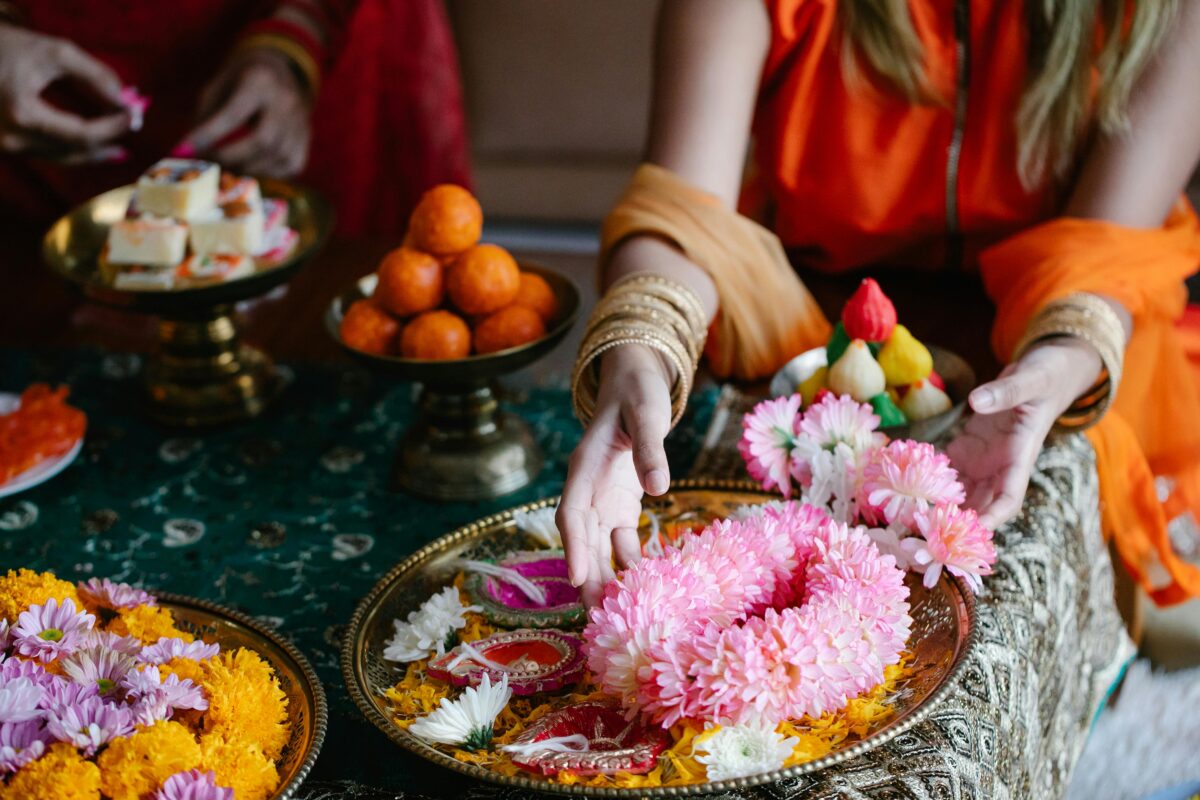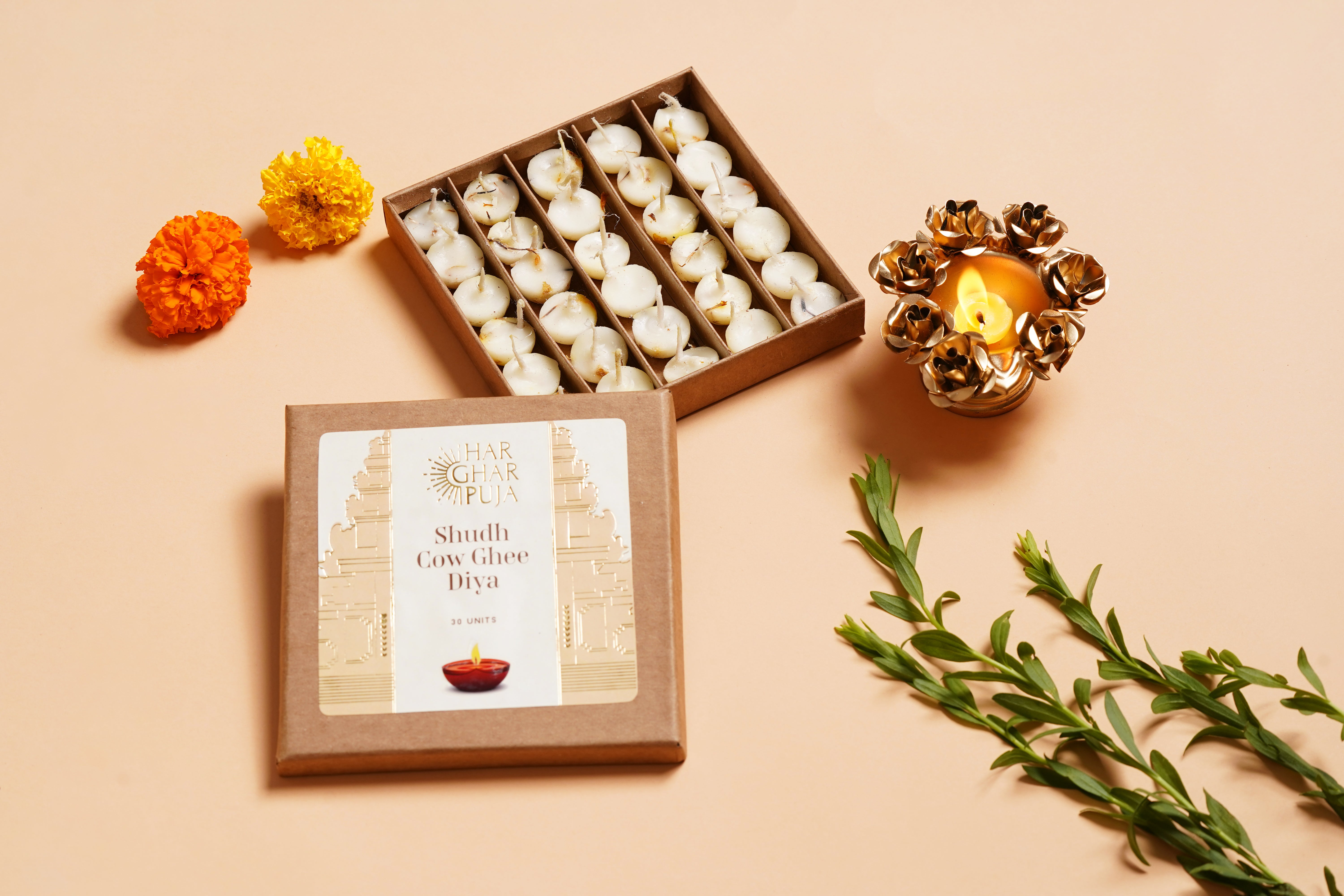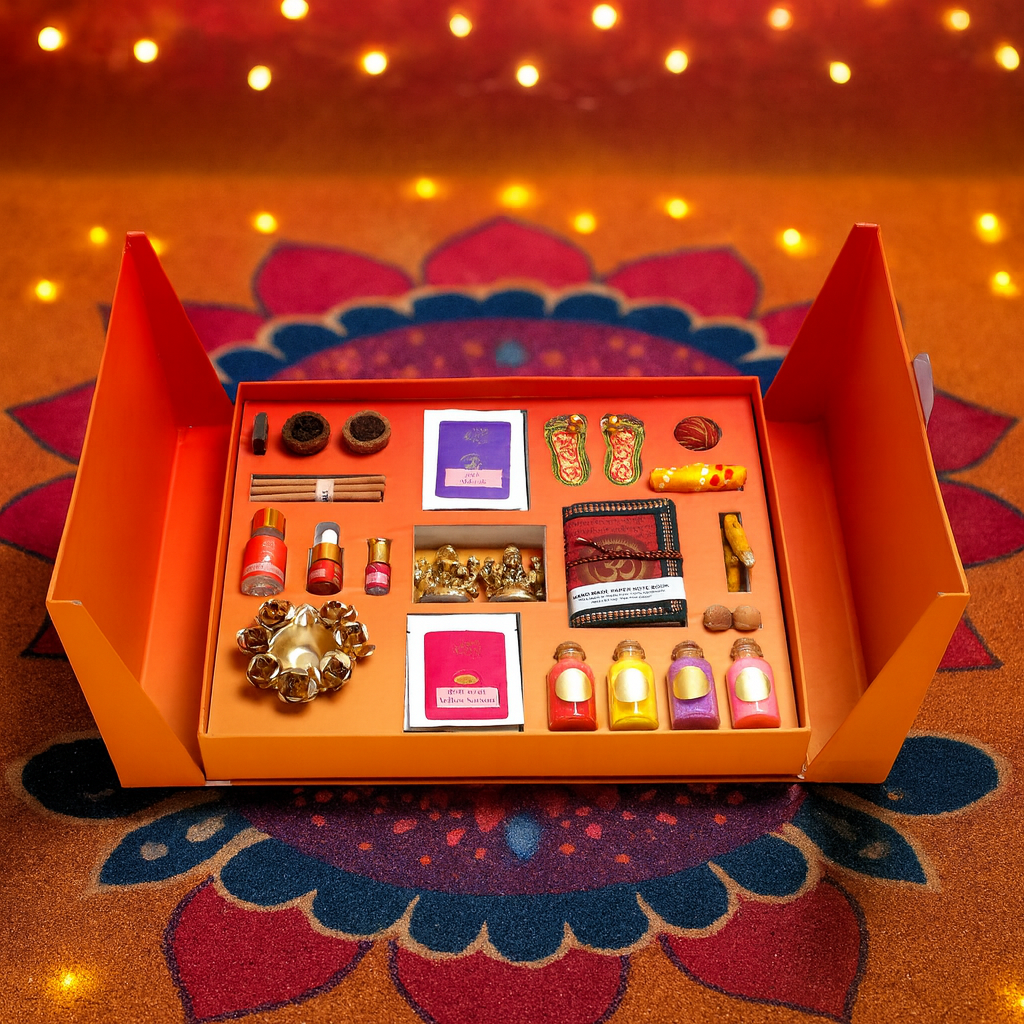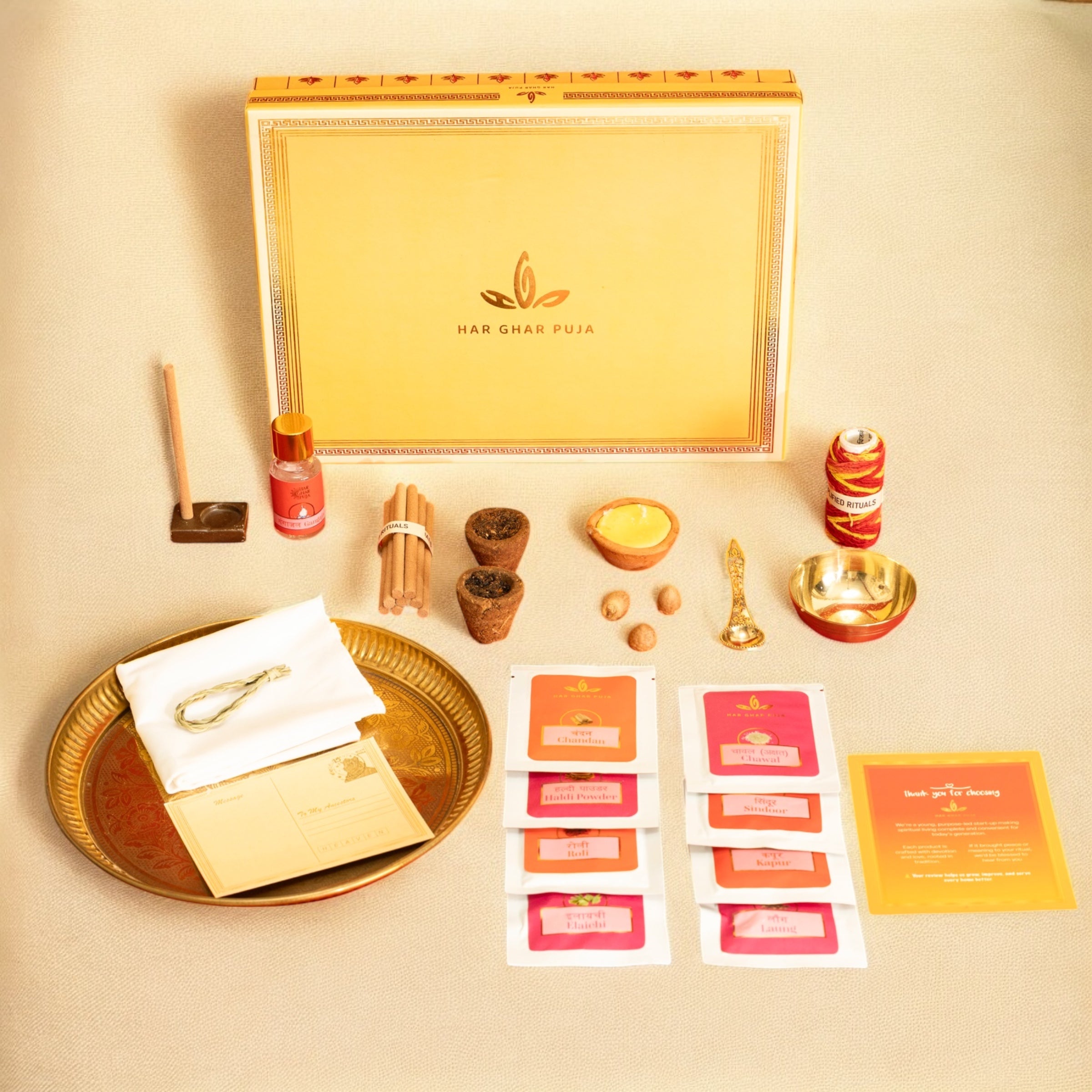In Hindu Sanatan Dharma the festival of Karwa Chauth holds great importance for married women. Also known as Karak Chaturthi, this festival is observed by married women who fast without food and water from sunrise to moonrise, praying for their husband’s long life, safety, and good health. Women dress in traditional attire, apply mehendi (henna), and eagerly await the moon’s appearance to complete their fast by offering water (Arghya) to the Moon God. The festival, observed on the Chandrodaya Vyapini Chaturthi of the Kartik month, symbolizes the unbreakable bond of love between husband and wife.
Women follow the Karwa Chauth fast with great anticipation and adhere to all its rituals and rules. But what should one do if the moon is not visible by the end of the day, or if the fast is unintentionally broken? Here’s what to do in such situations:
Table of Contents
What to Do If the Moon is Not Visible?

The issue of not seeing the moon during Karwa Chauth is quite common due to weather conditions, such as unexpected rain or storms. If you cannot see the moon, stand in the direction of the moonrise and offer prayers and water to the Moon God, as if the moon were present. In this age of technology, you may also video call friends or family members in locations where the moon is visible and view it through their phone screen.
Alternative Ways to Complete the Fast
If you’re waiting for the moon but can’t see it, you may also worship the image of the moon depicted on Lord Shiva’s head. Alternatively, create a symbolic moon using rice on a red cloth placed in the direction of moonrise. Invoke the moon by chanting the mantra “Om Chaturth Chandraya Namah,” and proceed with completing the fast.
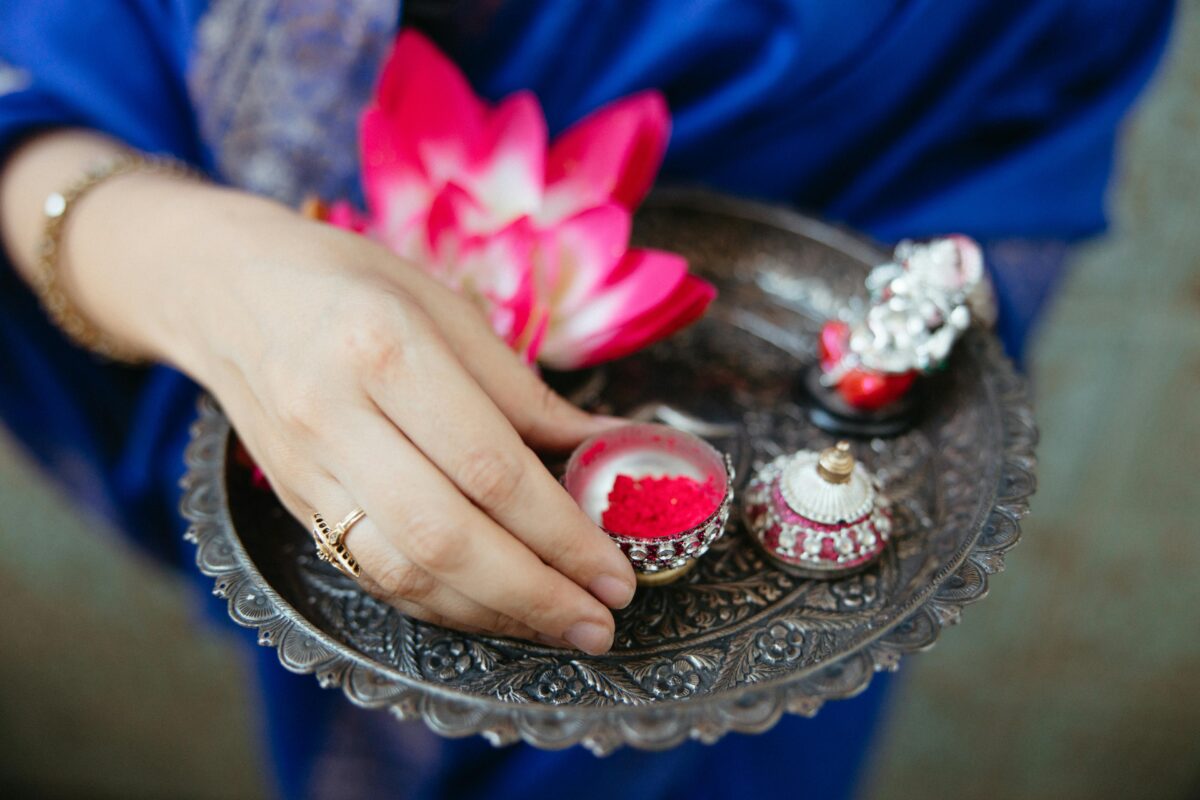
What to Do if the Fast is Broken?
The Karwa Chauth fast is considered very challenging, as women are not permitted to consume food or water throughout the day. Sometimes, however, the fast may be unintentionally broken. If this happens, here are some steps to follow:

Perform a Ritual Bath: If you accidentally consume water or food before moonrise, begin by taking a bath and wearing clean clothes. Seek forgiveness from Goddess Karwa, Lord Shiva, Goddess Parvati, and Lord Ganesha.
Resume the Fast: Continue your fast and in the evening, worship the Moon God as usual by offering water and seeking forgiveness. Before completing the fast, chant the Moon and Shiva mantras using a Rudraksha mala (prayer beads).
Offer Charity: According to religious beliefs, charity is the simplest way to counter any mistake. If your fast is broken, donate items associated with the “16 adornments” (solah shringar) on the same day, as it is believed that if done sincerely, the fast will not be considered broken and will be free from any negative consequences.

The Story of Karwa Chauth
There are two famous stories associated with the Karwa Chauth festival, but the story most commonly told during the puja is that of Veeravati.
Long ago, a man named Vedsharma and his wife Leelavati lived a happy life with their seven sons and one daughter, Veeravati, who was their most beloved child. According to legend, Veeravati was adored by her brothers. Her brothers arranged her marriage to a noble man.
After her marriage, when Veeravati observed her first Karwa Chauth, she faced great hardship. She was unable to go without food or water and eventually fainted. Seeing her condition, her brothers decided to trick her into breaking her fast.
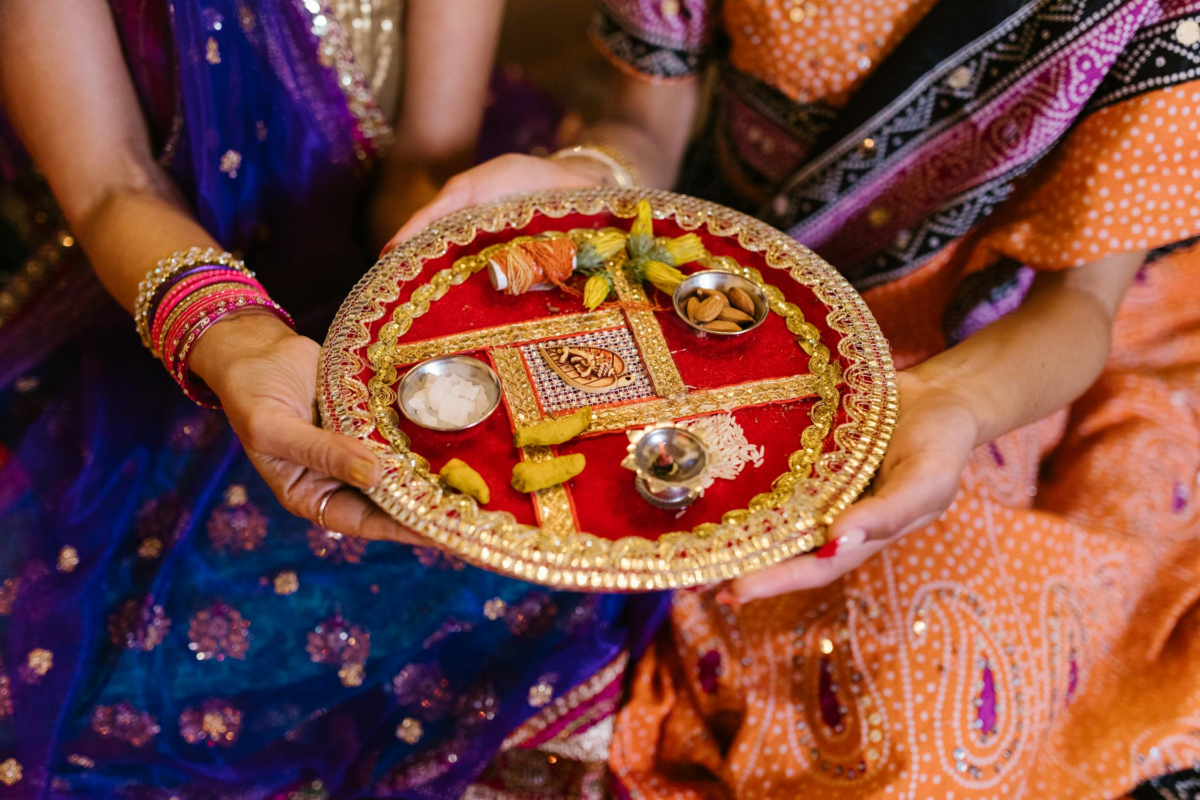
One brother climbed a tree with a lamp. When Veeravati regained consciousness, her other brothers told her that the moon had risen and took her to the terrace to show her so she could break her fast.
Seeing the lamp, Veeravati believed it was the moon shining behind the tree and broke her fast.
According to popular belief, after taking the third bite of food, she received news from her in-laws that her husband had passed away. Veeravati wept throughout the night until a goddess appeared before her. Goddess Indrani told her that she had broken her fast without offering Arghya (sacred offering) to the moon, which led to her husband’s untimely death.

After that, Veeravati observed the Chaturthi fasts throughout the year. The following year, on Karwa Chauth, she completed her fast properly by offering Arghya to the moon, and, by the grace of Goddess Karwa, her husband was brought back to life. Seeing her devotion, Yama, the god of death, was compelled to revive her husband.

